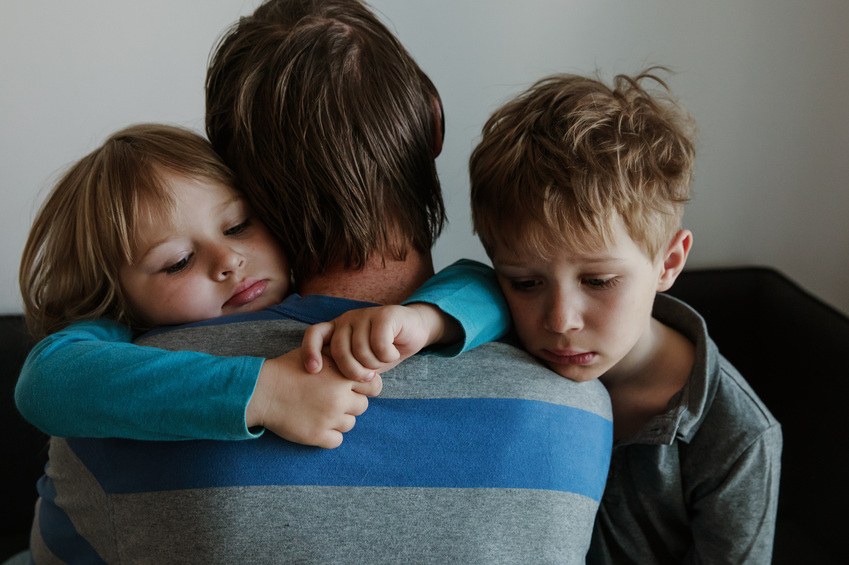
Grief is never easy to face, even as adults, but when children experience loss, their way of processing it is often vastly different. Understanding how children process grief and what you can do to help is essential for parents and family members who want to offer meaningful support during such a painful time. We’ll explore how children process grief, the signs they may be struggling, and practical strategies to help them through it.
How Children Process Grief
Children don't grieve in the same way adults do. Depending on their age and developmental stage, their understanding of death and loss can vary greatly.
• Young children (toddlers to early elementary school): Younger children may not fully grasp the finality of death. They might ask repetitive questions like, "When is Grandma coming back?" This isn't a lack of emotion but a reflection of their developing understanding of the concept.
• Middle childhood (8–12 years old): Children at this age begin to understand that death is permanent. They may internalize grief or have difficulty expressing emotions, sometimes showing behavior changes instead.
• Teenagers: Adolescents often experience grief more similarly to adults, with complex emotions and introspection. However, they may struggle to articulate their feelings or isolate themselves during this challenging time.
Signs a Child Might Be Struggling With Grief
It can sometimes be difficult to tell if a child is struggling with grief, as they often express their feelings in ways that differ from adults. Look for signs such as:
• Behavioral changes: Acting out, withdrawing from others, or difficulty concentrating at school
• Emotional responses: Feelings of guilt, sadness, irritability, or sudden emotional outbursts
• Physical symptoms: Tummy aches, headaches, disrupted sleep, or loss of appetite
It's important to note that these signs don't always mean the child is struggling to cope, but they are signals that their grief may need to be addressed intentionally.
How To Help a Grieving Child
Supporting a grieving child starts with creating a safe and nurturing environment. Below are some practical strategies to guide you.
• Talk openly and honestly: Encourage your child to share their thoughts and feelings without fear of judgment. Be honest about the loss in a way that fits their age. Simple statements like "Grandma passed away, and it’s okay to feel sad" can help them process their emotions.
• Be patient and present: Children may need to revisit the subject over time as they process their feelings. Answer their questions, even if they repeat them, and offer reassurance through your presence and love.
• Create space for expression: Some children express grief better through drawing, writing, or imaginative play. Provide opportunities for them to engage in these activities as outlets for their emotions.
• Seek professional support: If you notice your child continues to struggle or their grief has a significant impact on their daily life, reaching out to a counselor or a grief specialist can provide additional support.
Compassion Heals Grieving Hearts
Helping a child through their grieving process can be challenging, but understanding their needs and providing loving guidance can make a significant difference. By offering an open heart and a supportive environment, you give them the tools to process their emotions and heal.
If you or someone you know could use additional guidance, Soulistic Hospice offers bereavement counseling to support families and children navigating grief. Reach out to us today and find the compassionate support you need.








